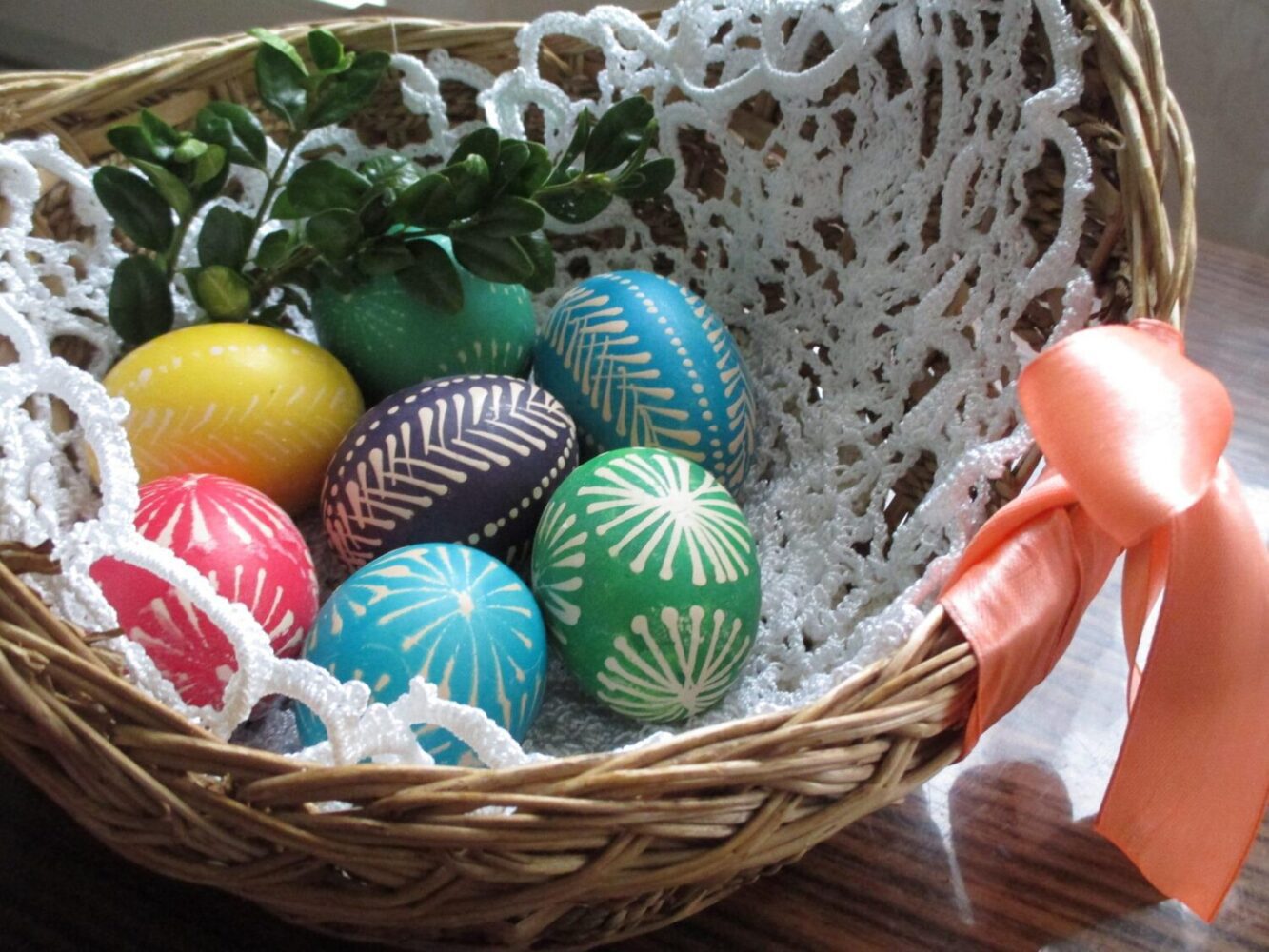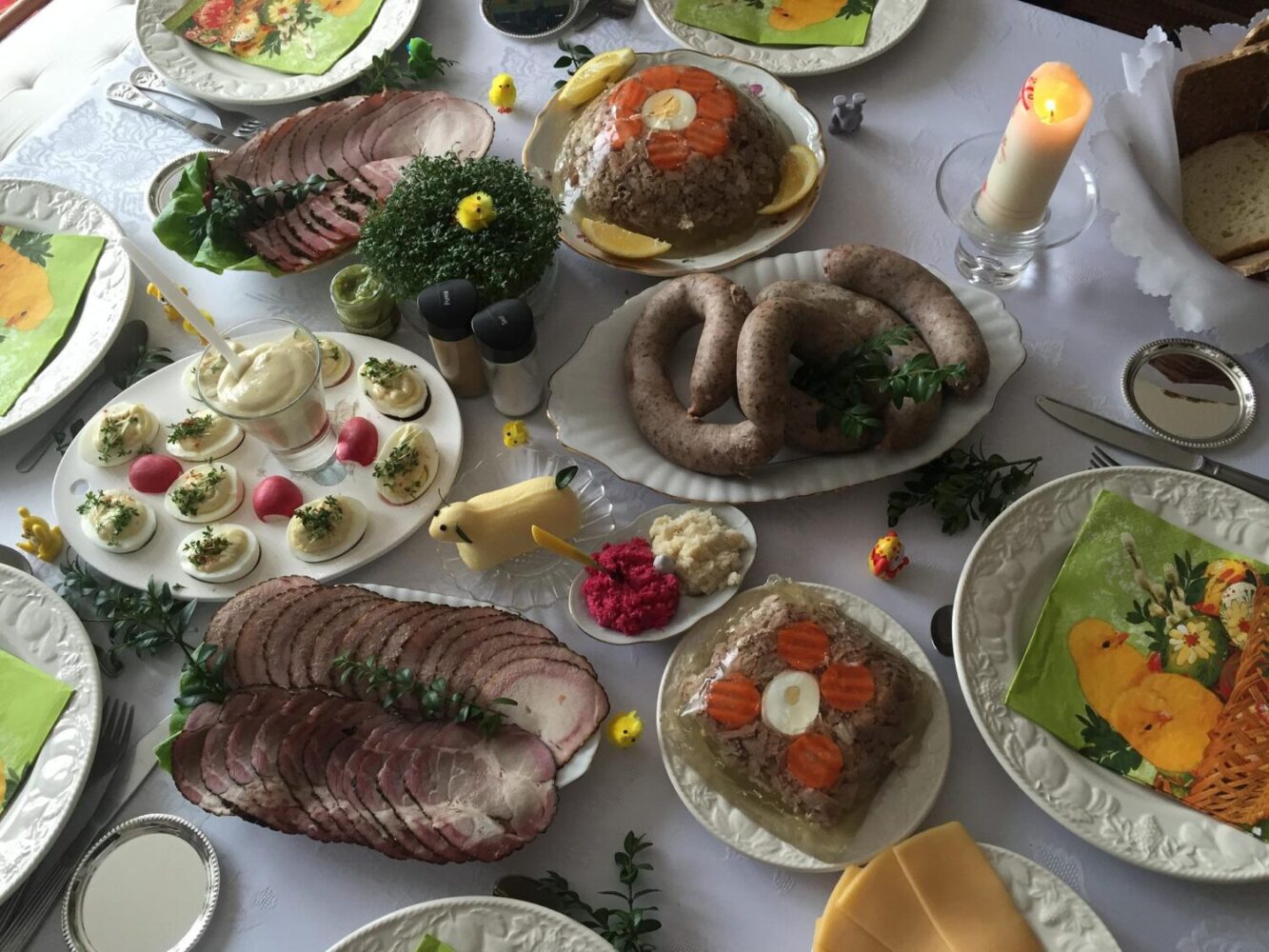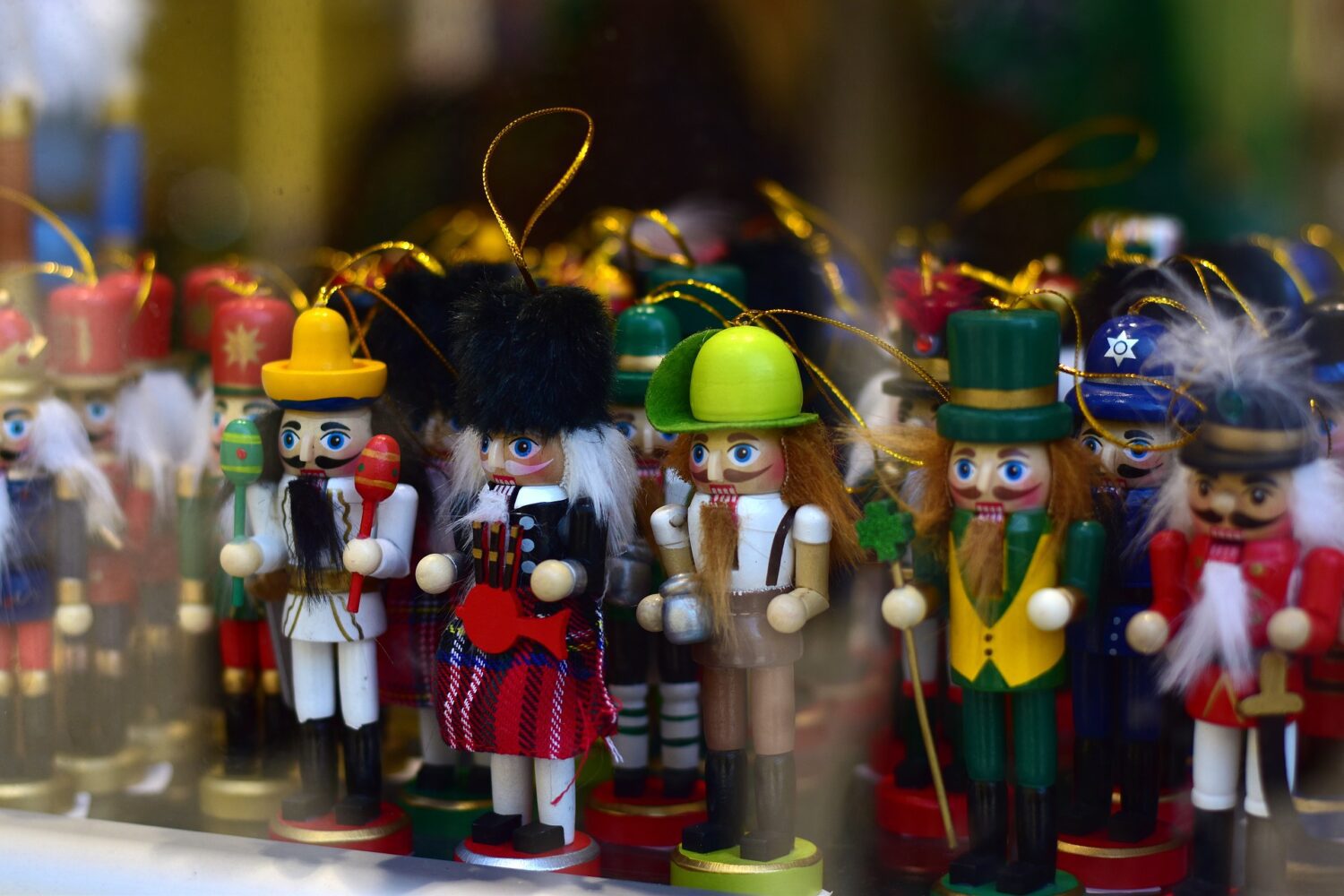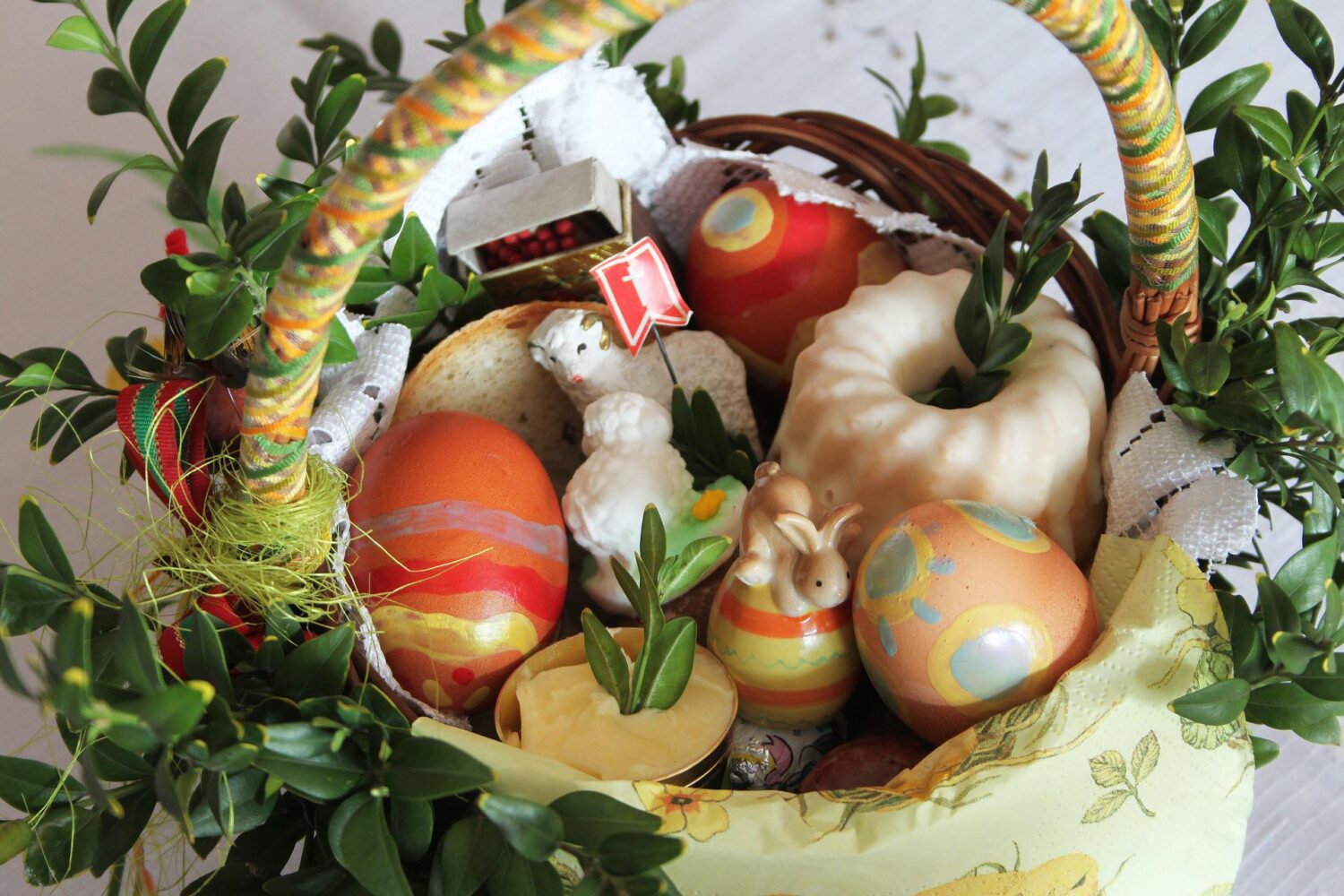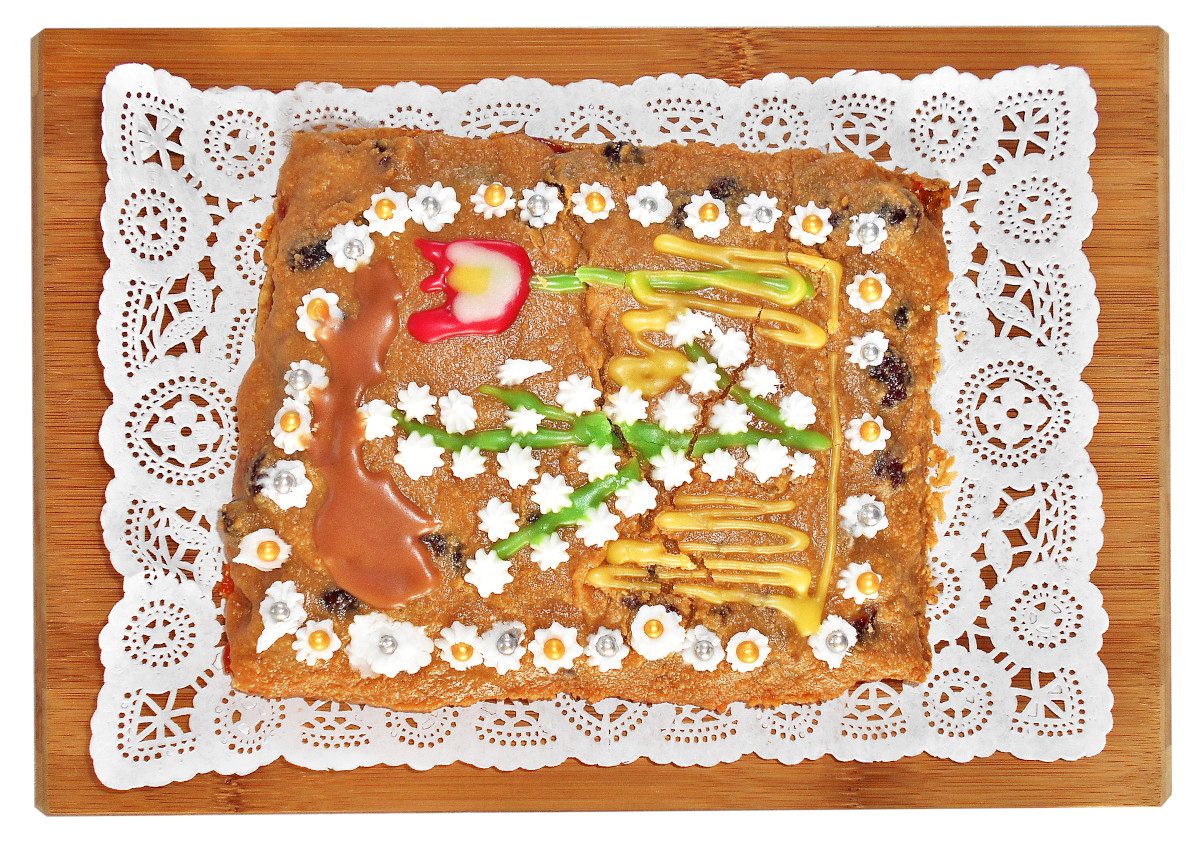Śmigus Dyngus
Śmigus Dyngus
Śmigus Dyngus – updated 29 August 2022
This is a celebration held on Easter Monday each year; which traditionally involved men throwing buckets of water over women. The ladies were supposed to wait until the next day to get their revenge by soaking the guys but the reality today is a massive water fight with everyone soaking everyone on the same day.
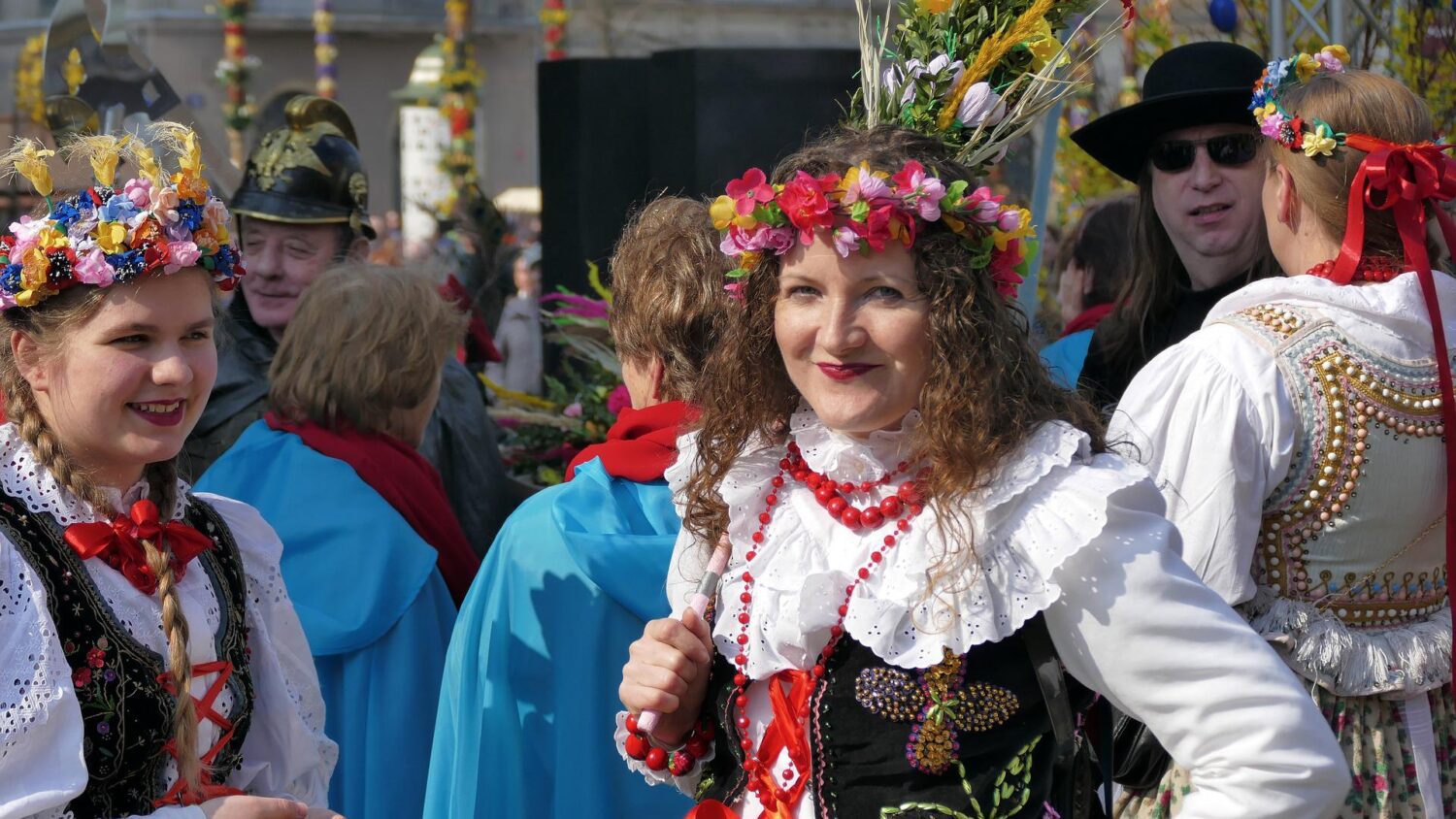
The day is known affectionately as Wet Monday (lany poniedziałek in Polish) and if you are in Poland on this day, expect to get soaked from head to toe. There are no rules anymore and weapons of choice include water guns, balloons, buckets and anything else that can carry water.
Usually the ladies end up drawing the short stick during this tradition and the prettier they are, the wetter they will be. Very attractive girls can expect to be soaked repeatedly during the day.
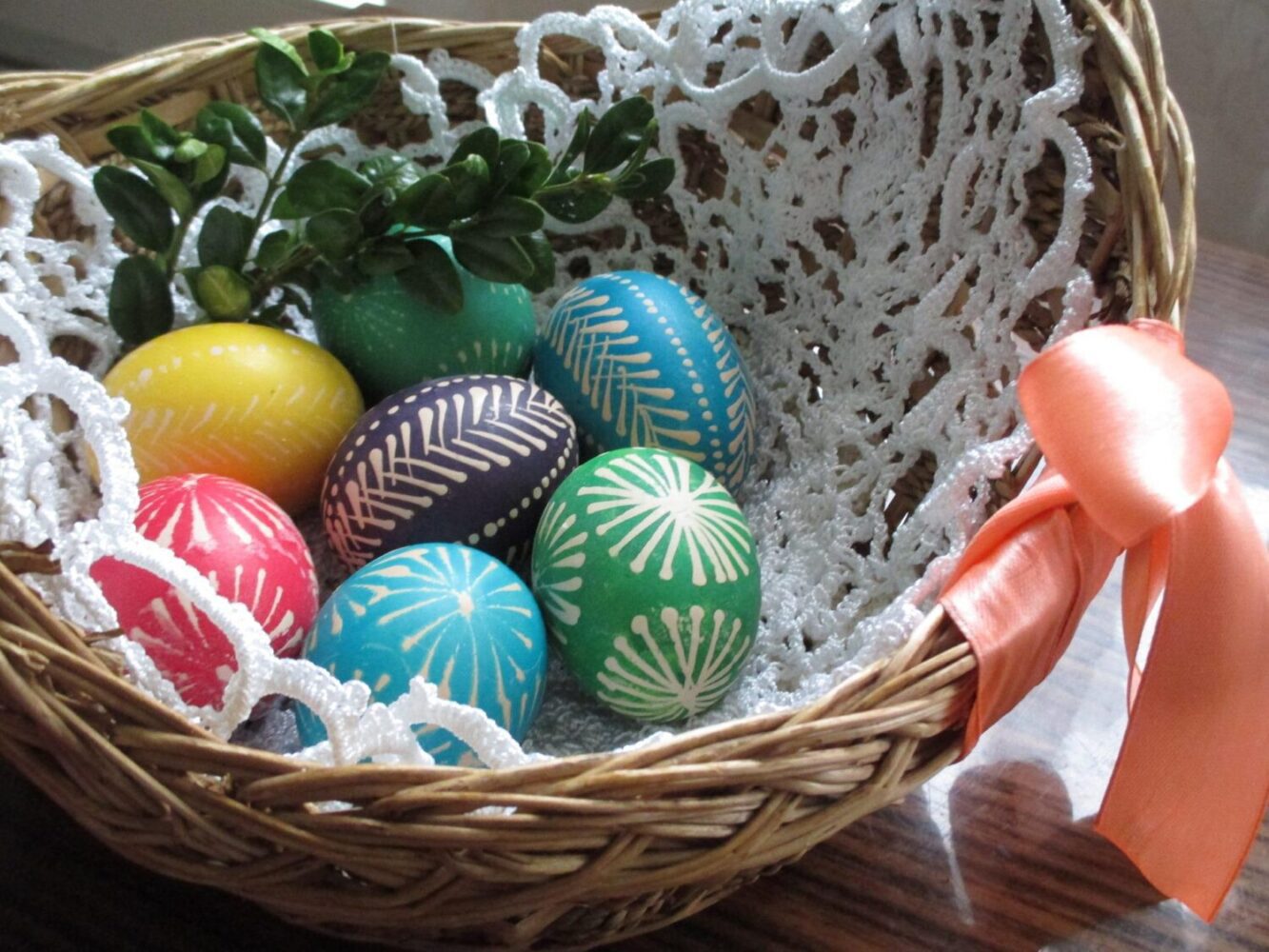
In Poland’s rural areas, sneaking into a girl’s home in the morning and throwing a bucket of water over her whilst she is still in bed and then dragging her to a nearby river or pond for a further soaking is not unusual. Sometimes the girl and her bed are thrown in the water together.
There are other rituals associated with Śmigus Dyngus apart from throwing water at each other, including whipping with pussy willow branches, dressing up as bears and other woodland creatures, house-to-house processions and verse declarations.
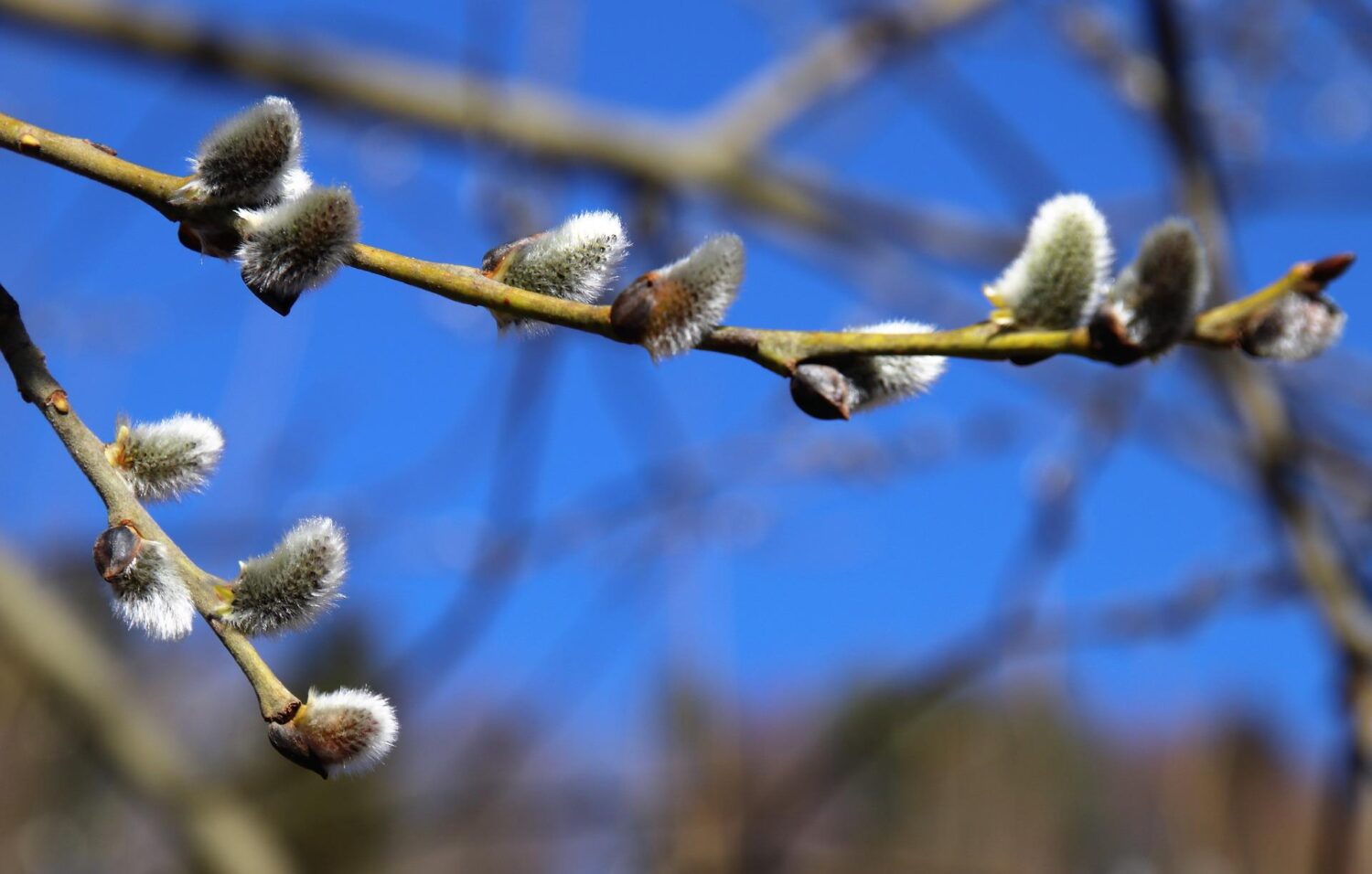
Traditionally, boys would whip girls with pussy willows on Easter Monday and the girls would reciprocate on the next day. Pussy willow branches were adopted as an alternative to the palm leaves used elsewhere in Easter celebrations, because they were not available in Poland. Prior to the beginning of the whipping, the pussy willow branches were blessed by priests on Palm Sunday.
The origins of Śmigus Dyngus are uncertain but is believed to date back to pagan times and is described in writing as early as the 15th century. The use of water is said to evoke the spring rains needed to ensure a successful harvest later in the year. Girls could save themselves from a soaking by giving boys bribes of painted eggs (pisanki), regarded as magical charms that would bring good harvests, successful relationships and healthy childbirths. Similar traditions can be found all around Central and Eastern Europe.
